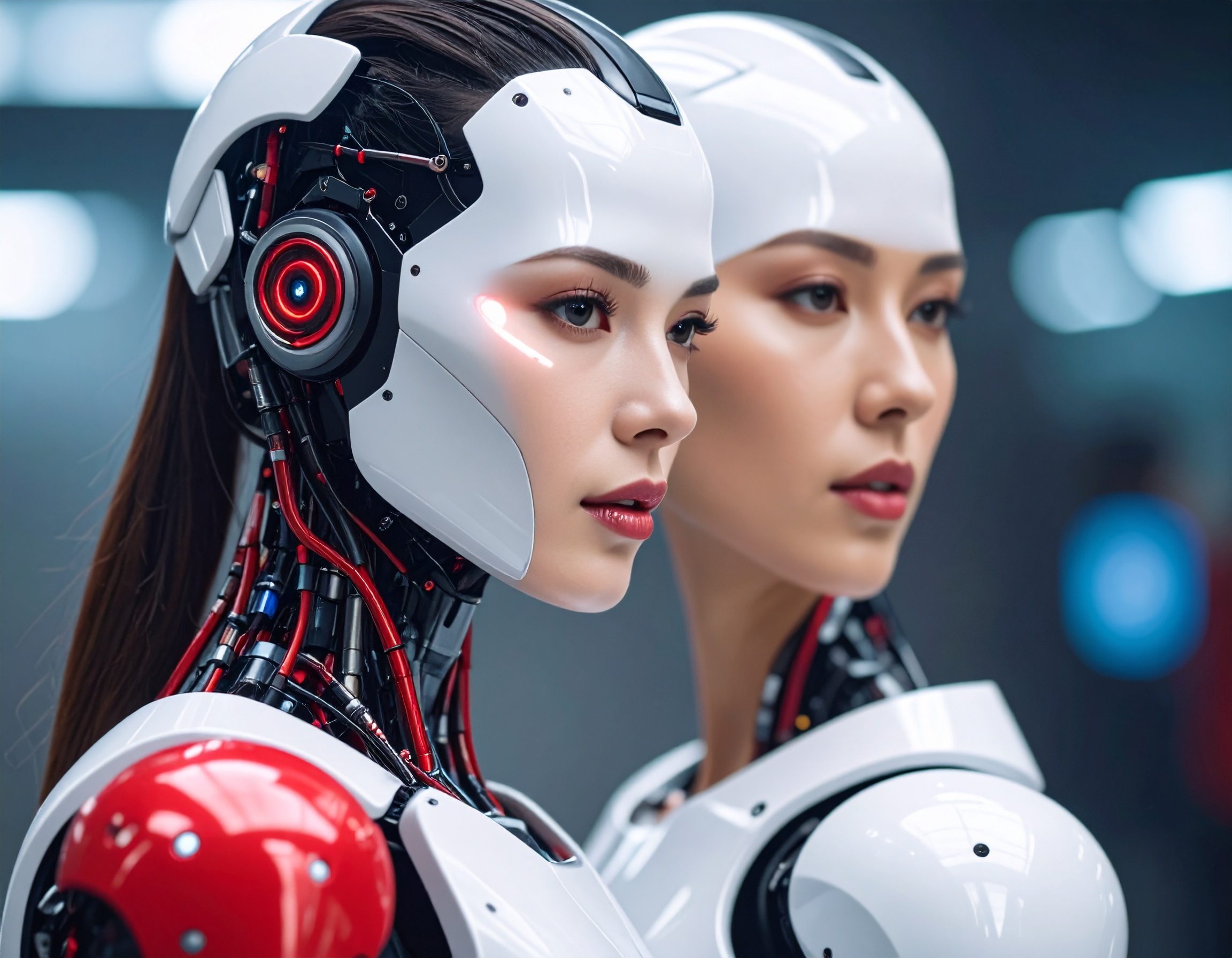Intelligent Agents: Spark Workforce Fears, Deepening Hospitality Labor Crisis

A recent study conducted by Washington State University (WSU) highlights a growing issue within the hospitality industry: the fear of Intelligent Agents and Digital Employees replacing human jobs. This fear, termed "robot-phobia," is leading to increased job insecurity, stress, and ultimately, higher turnover rates among workers in hotels and restaurants.
Key Findings:
- Survey Participants: Over 620 lodging and food service employees.
- Job Insecurity: Workers with experience in robotic technology showed higher job insecurity and stress.
- Turnover Intentions: Both frontline workers and managers expressed a desire to leave their jobs due to robot-phobia.
Conducted by hospitality researchers Bamboo Chen and Ruying Cai, the study was published in the International Journal of Contemporary Hospitality Management. It reveals that robot-phobia affects both frontline employees and managers, exacerbating an already critical labor shortage in the hospitality industry. The industry's struggle to recover from pandemic-related staffing shortages is worsened by the perception that Non-Human Workers might replace human employees.
Despite the potential benefits of automation — such as reducing the burden of monotonous tasks like dishwashing or laundry — the fear that Digital Employees might make human workers obsolete is prevalent. For instance, the accommodation workforce in April 2024 was still 9.2% below pre-pandemic levels in February 2020. The increased reliance on robots to fill these gaps might be backfiring, pushing more workers out of their jobs due to heightened stress and insecurity.
To mitigate these issues, Chen suggests that employers should emphasize the collaborative potential between human workers and robots. Instead of solely promoting the efficiency of new technologies, companies should highlight how human skills are indispensable alongside robotic assistance. By doing so, businesses can alleviate fears and create a more balanced work environment that leverages the strengths of both humans and Intelligent Agents.
The findings underscore the need for strategic communication and integration of robotic technology in the hospitality industry. Addressing robot-phobia is crucial to retaining human workers and preventing further exacerbation of the labor shortage crisis.
Key Highlights:
- Study Overview: Washington State University (WSU) conducted a study involving over 620 lodging and food service employees.
- Robot-Phobia: Fear of Intelligent Agents and Digital Employees is causing increased job insecurity and stress among workers.
- Turnover Impact: Higher job insecurity and stress levels are leading to greater intentions to leave jobs, affecting both frontline workers and managers.
- Pandemic Aftermath: Hospitality industry still struggling with labor shortages, with accommodation workforce 9.2% below pre-pandemic levels as of April 2024.
- Perception vs. Reality: Employees with more experience with robotic technology have higher fears of obsolescence, despite potential benefits of automation.
- Strategic Communication: Researchers recommend emphasizing the collaborative potential between human workers and robots to mitigate fears and improve retention.
- Publication: Findings published in the International Journal of Contemporary Hospitality Management.
Reference:


